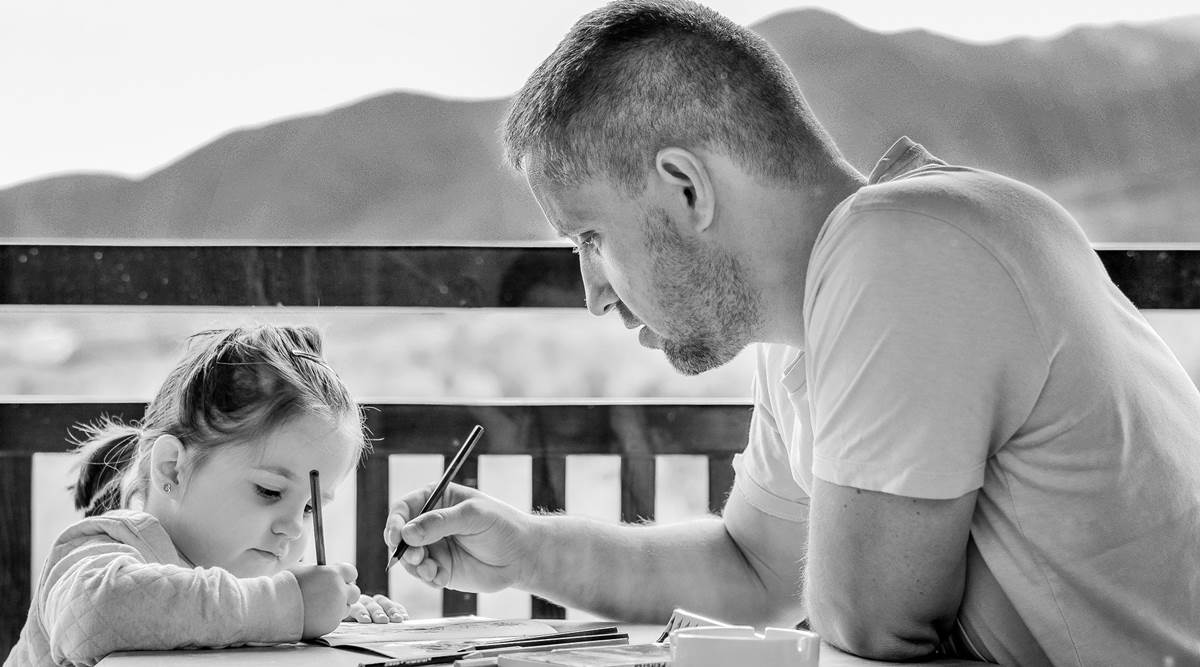Parental burnout is a condition defined by exhaustion and a feeling of overwhelm in a parent's role as a primary caregiver for their child

Parenting is not an easy job, but depending on how a parent is raising their child, it can be a more exhausting experience for some, more than others. According to a report published in Science Alert, more and more parents around the world are increasingly reporting something called a ‘parental burnout’, a condition defined by exhaustion and a feeling of overwhelm, in their role as a primary caregiver for a child, causing the parent to emotionally distance themselves from their kids.
The report mentions that in order to understand more about this phenomenon, a team led by researchers from UCLouvain in Belgium surveyed over 17,000 parents living in 42 countries (the data was collected between 2018 and March 2020, before COVID-19 lockdowns commenced around the world).
Besides that, the participants were also asked various questions about their family dynamics, the report states. A parental burnout questionnaire was given to them to assess and measure their emotional exhaustion, emotional distancing from their children, loss of pleasure in being a parent, and contrasts with their previous parental self.
Researchers then found that the prevalence of burnout varies greatly from one country to another. There, however, is an interesting link between “a set of independent measures of cultural values and traits across countries”. “Individualistic cultures, in particular, displayed a noticeably higher prevalence and mean level of parental burnout,” researchers led by first author and developmental psychologist Isabelle Roskam wrote in their study, as quoted in the report.
“Indeed, individualism plays a larger role in parental burnout than either economic inequalities across countries, or any other individual and family characteristic examined so far, including the number and age of children and the number of hours spent with them.”
The results showed that while Belgium had the highest prevalence of burnout at 8.1 per cent of parents, US followed next with 7.9 per cent, and Poland with 7.7 per cent (which had the overall highest average level of parental burnout).
On the other hand, many South American, African, and Asian countries displayed a low prevalence of parental burnout, which the researchers hypothetically attributed to cultural factors.
Researchers said it “may be due to a transformation in parenting within countries that hold individualistic notions”. “The current results dovetail with sociologists’ observation that parenting norms in Euro-American countries… have become increasingly demanding over the last 50 years, resulting in intensification of parental investment, and growing psychological pressure on parents.”
“What parents feed their children, how they discipline them, where they put them to bed, how they play with them: all of these have become politically and morally-charged questions… The distinction between what children need and what might enhance their development has disappeared, and anything less than optimal parenting is framed as perilous,” researchers were quoted as saying.
Source: Read Full Article
